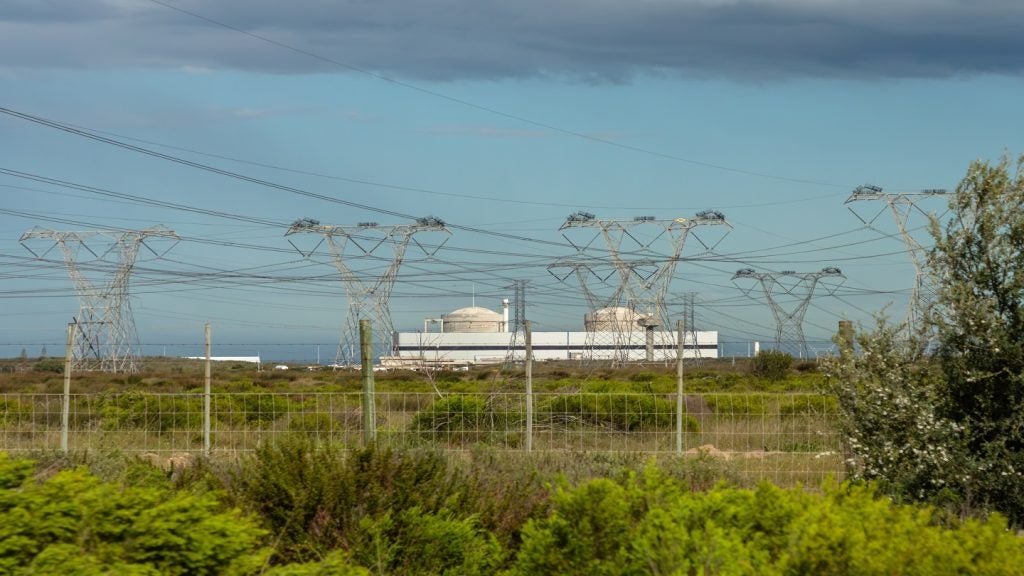A nuclear procurement process in South Africa has been halted after the procedure was deemed to have been unfair.
A Ministerial Determination for the procurement of 2.5GW of new nuclear capacity was initially passed in 2020, but South African Minister for Energy and Electricity Kgosientsho Ramokgopa said that the decision had come under legal scrutiny as the public had not been consulted to inform the project.
Ramokgopa said: “I have taken the decision…to withdraw the gazette to allow for that public participation to happen.”
To democratise the nuclear procurement process, Ramokgopa said it has been delayed “to allow for each and every party in the country that wants to add a voice in how we are going to procure this process … to be given the opportunity to be able to make that submission”.
He added: “It [the delay] will add another three to six months in the process. We are happy to do that for as long as we protect the integrity of the process; for as long as we cement the transparency of the process so that there’s general public confidence in the work that we are doing.”
The Democratic Alliance (DA) party was one of the first to launch legal action against the determination, with a court hearing originally scheduled for 15 October 2024. Referring to the government’s decision to withdraw the determination, the DA said it was “a significant step in ensuring that public voices are considered in decisions of this magnitude” and “an important win for the rule of law and the principles of transparency”.
The group added that it will “continue to monitor this issue closely” and “scrutinise the demand profile, one of the conditions that required proof that nuclear energy is necessary and appropriate to meet future demand”.
South Africa hosts the only nuclear power station currently operating on the African continent. The Koeberg nuclear power plant, built under apartheid using French technology, has a capacity of 1.9GW, accounting for 5% of the country’s electricity produced by the state-run utility Eskom.









